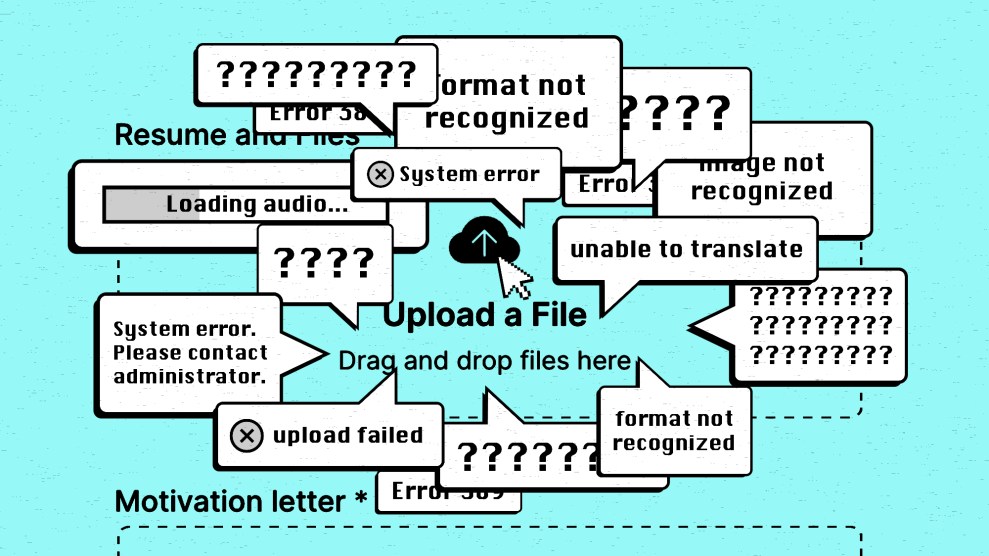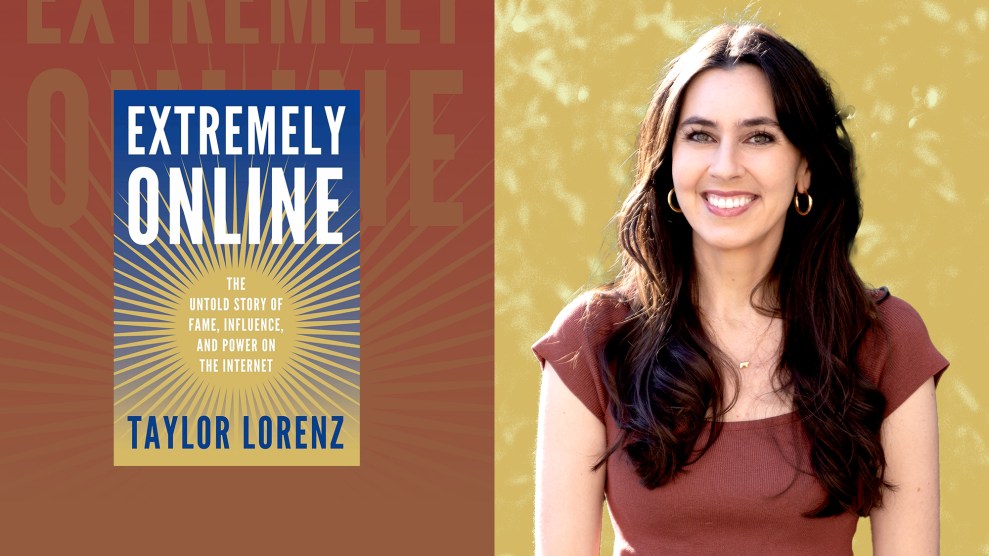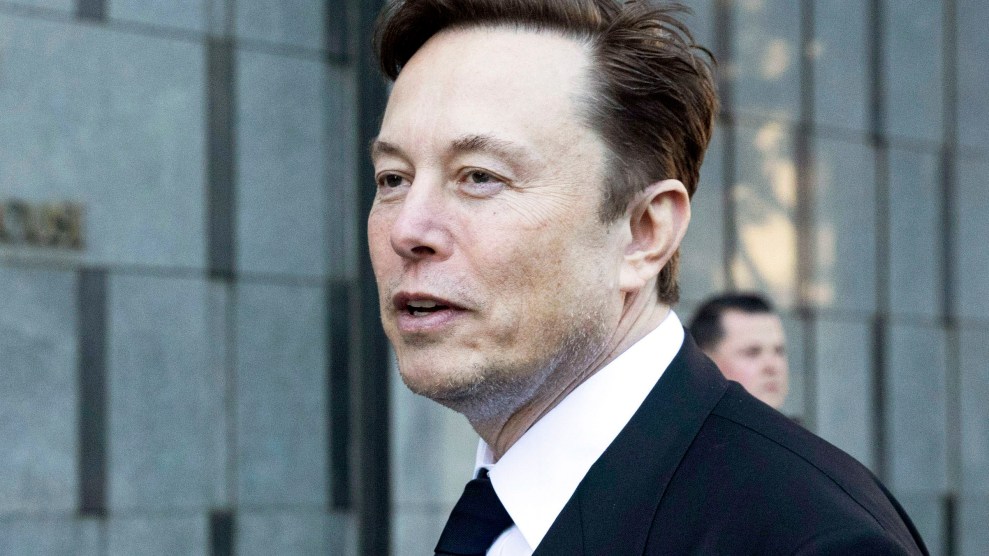
ANP/Zuma; Maxppp/Zuma
Yet again, X, the social media firm formerly known as Twitter, has gone through an abrupt design change. As of Wednesday, users can no longer see headlines to links shared on the platform. While it’s a blow to news sites, the change also hampers the site’s accessibility to screen readers, software that people who are blind or have low vision use to read text and other features of web pages.
Alexa Heinrich, creator of resource and education hub Accessible Social, says Musk’s latest update “further proves that the platform does not prioritize accessibility anymore.”
Now, when a screen-reader user encounters a link, “all their device says…is ‘link, image,'” Heinrich explains. That lack of descriptive information, she says, is “horrible for accessibility and user experience in general.”
The oversight is perhaps not that surprising: Musk did lay off the site’s accessibility team last fall. As Kate Knibbs wrote for Wired at the time, “there may be no one left to ensure the site complies with laws like the Americans with Disabilities Act.” Since then, the platform has made a series of drastic changes that slashed accessibility. The decision to charge a lot of money to operate Twitter-based apps meant the end of multiple services that helped disabled people use the platform, such as bots that created alt-text descriptions or captioned videos.
As early as February, United States Senator Ed Markey wrote to Musk demanding the company reinstate its accessibility team:
Many people who are blind and low vision preferred using third-party apps that were more compatible with screen readers than Twitter itself, but those apps are no longer available. Your most recent decision to charge a fee for access to Twitter’s application programming interface (API) has sparked concerns that automated accounts that help users write alt-text for images, will cease to exist. All of these changes under your leadership signal a disregard for the needs of disabled people. Consequently, Twitter users with disabilities are questioning their ability to continue to use the platform, and many have already left it.
In the meantime, developer Matt Eason has shared tips on keeping content accessible to those using screen readers:
The X/Twitter update to remove headlines from link previews has also completely broken their accessibility.
The link/image can't be tabbed to with the keyboard, and it's been totally hidden from screen readers.
Here's how to make your links accessible until it's fixed (thread) pic.twitter.com/yVmJbyG4fm
— Matt Eason (@MattEason) October 5, 2023
















